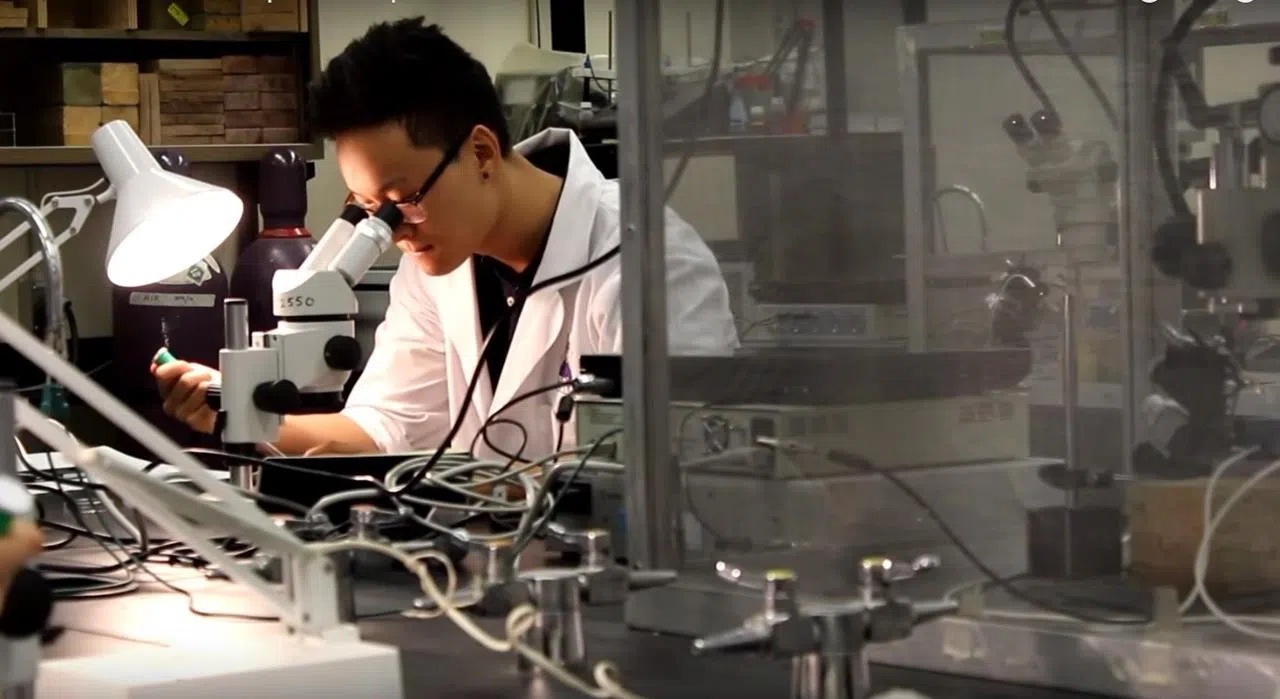
Canadian teens plan on changing the world, equipped with passion and smartphones
TORONTO — When Bruce Gao was in high school, he visited an orphanage in China where he saw children huddled together in beds to share body heat.
It was monsoon season, and it was cold. There was heating in the building, but the solar panels meant to provide electricity weren’t installed to their full capacity.
Gao, who is now 22, wondered what he could do about that.
He researched how solar panels should be positioned to soak up the most energy, which he said was “a little daunting” for a high schooler.


